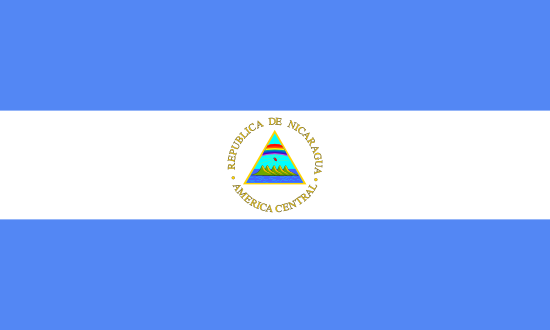
Health Insurance in Nicaragua, America
Information expatriation
Capital City: Managua
Total area: 130,000 km2
Population: 5,603,000
Money: Currency Converter
Time Zone: List of time zones by country
Calling Code: +505 XXX
Practical Information:
Health Product: Travel Insurance and Health insurance
Health Insurance information and Sanitary Risk: World Health Map
BLOG: Expat Health insurance Information
Here is a brief description of the healthcare system in the country:
· Nicaragua has a universal public healthcare system that aims to provide coverage for all residents. It is organized into regional health districts.
· Care is provided through MOH-run primary care clinics, health posts, district hospitals and specialized hospitals in major cities.
· The system focuses on maternal/child health, vaccination, infectious diseases but capacity is limited by low government spending.
· Around 60% of Nicaraguans rely solely on public services while others supplement with private providers or purchase private insurance.
· Private care includes for-profit hospitals, labs, pharmacies and some nonprofit charitable clinics.
· Quality and access varies significantly between urban/rural areas and economic classes due to funding gaps.
· Key health challenges include infectious diseases linked to poor sanitation in rural areas.
· Non-communicable diseases associated with lifestyle changes are growing problems.
· In summary, Nicaragua has a system focused on primary care and universal coverage but faces capacity constraints due to low budget allocations across its regions. Urban/rural disparities exist.
Here are some key health considerations for expatriates living in the country:
· Purchase international medical insurance as public services have significant limitations.
· Major cities like Managua have better facilities - know your closest options, especially if rural.
· Bring adequate prescription supplies as availability varies substantially outside urban centers.
· Risks exist for infectious diseases depending on location - strictly follow basic hygiene protocols.
· Mental healthcare provision tends to be limited compared to physical health services.
· Spanish medical skills are very important for interactions nationwide.
· Understand exact insurance coverage details including limits, exclusions before arriving.
· Register with your embassy and have contact plans in case of emergency evacuation needs.
· Rural transport infrastructure may hamper quick access to definitive care if issues arise.
· With insurance, health precautions, and awareness of regional limitations, expats can access reasonable options. But planning and personal responsibility remain important due to constraints within the system.
